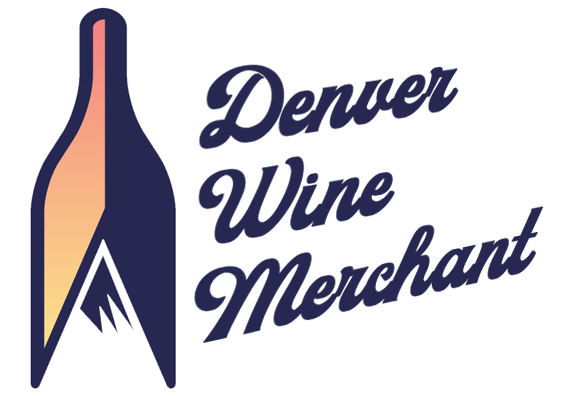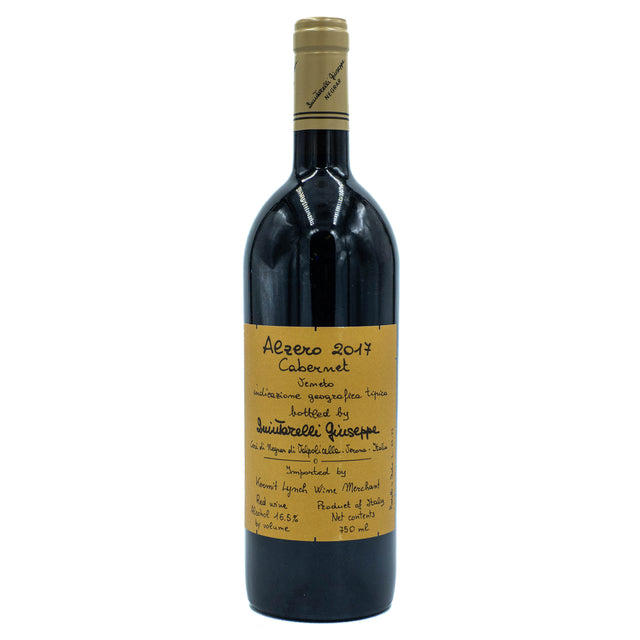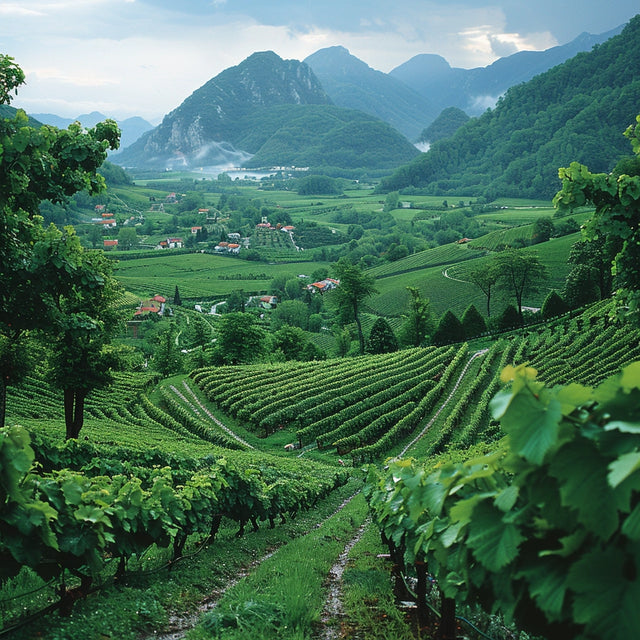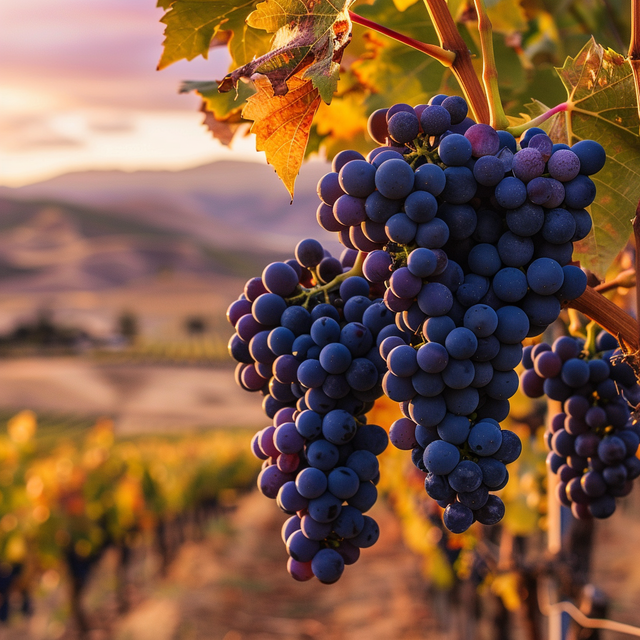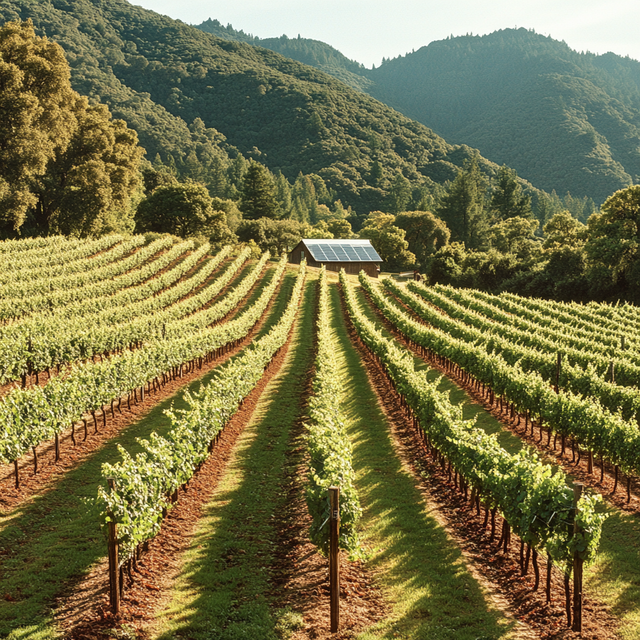The Veneto wine region, located in northeastern Italy, is one of the most versatile and prolific wine-producing areas in the country. Stretching from the shores of Lake Garda in the west to the outskirts of Venice on the Adriatic coast, Veneto boasts a diverse range of microclimates and soils, which contribute to the production of a wide variety of wine styles. Famous for its elegant reds like Valpolicella and its iconic Amarone—a rich, powerful wine made using partially dried grapes—Veneto also produces the popular sparkling wine Prosecco, made in the hills between Conegliano and Valdobbiadene, and the crisp white Soave, known for its mineral and floral characteristics.
Italy - Veneto
Cabernet Sauvignon, originally hailing from Bordeaux, France, has triumphantly spread to become a cornerstone of vineyards worldwide, achieving particular renown in Napa Valley. This versatile grape variety adapts to a broad spectrum of climates, producing full-bodied wines that are rich in black cherry and blackcurrant flavors, with layered complexities of oak and spice. The grape's success in regions like Napa Valley is a testament to its global adaptability, where it benefits from the optimal blend of warm days and cool nights, coupled with diverse soil types, to express a unique balance of power and elegance that pays homage to its Bordeaux origins.
Cabernet Sauvignon
Sustainable vineyard farming is an environmentally conscious approach that prioritizes long-term ecological balance, economic viability, and social responsibility. Unlike organic farming, sustainable practices do not necessarily exclude synthetic chemicals, but rather focus on minimizing their usage, carefully managing resources like water and energy, protecting biodiversity, and reducing waste and carbon footprint. Wineries employing sustainable methods often integrate modern technology and traditional practices to improve efficiency and maintain healthy vineyards. Certifications like "SIP Certified" or "LIVE Certified" help validate sustainability efforts. However, sustainable farming differs distinctly from organic, as sustainable producers may use synthetic inputs in moderation if deemed necessary for the overall health and productivity of their vineyards.
